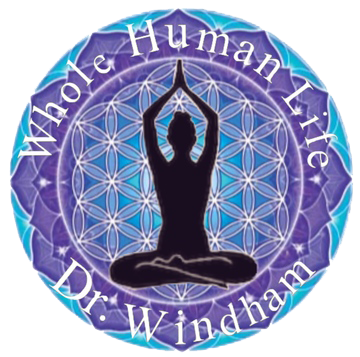
Signs and symptoms of depression may include, but are not limited to:
- Feelings of hopelessness
- Persistent sad, anxious, or “empty” moods
- Irritability
- Feelings of guilt, worthlessness, or helplessness
- Loss of interest in activities, especially those you may have previously enjoyed
- Fatigue
- Restlessness
- Difficulty concentrating, remembering, or making decisions
- Trouble sleeping, early-morning waking, or oversleeping
- Appetite and/or weight changes
- Thoughts of death or suicide
- Aches and pains, headaches, cramps, and digestive problems without any apparent physical cause
Depression can be caused by several factors and varies from person to person. Certain factors that can contribute to depression include:
- Brain chemistry
- Family history of depression
- Personal history of other disorders such as anxiety, PTSD, etc.
- Stressful, traumatic life events
- Hormone fluctuations due to menstrual cycles, pregnancy, etc.
- Medications such as sleeping aids, pain medications, and blood pressure medications
- Substance abuse
Additionally, there are nine distinct types of depression:
- Major depression – most common and usually recurrent throughout the person’s life
- Dysthymia – also called Persistent Depressive Disorder due to a persistently low mood that lasts at least two years, sometimes described as feeling like living on “autopilot”
- Seasonal Affective Disorder (SAD) – depression brought about by lack of natural sunlight, typically occurs during winter months when the days are shorter
- Atypical depression – those affected often report a feeling of heaviness in their limbs, and may also experience irritability, overeating, oversleeping, and relationship problems
- Bipolar disorder – also called Manic Depressive Disorder due to the alternating episodes of depression and mania
- Psychotic depression – a depressive episode so severe that the person begins hallucinating and becomes somewhat catatonic
- Postpartum depression – begins after giving birth and extends beyond typical “baby blues” (which clears up within two weeks); can last for several months or more and includes feelings of extreme sadness, anxiety, exhaustion, and sometimes fears of harming one’s self or the new baby
- Premenstrual Dysphoric Disorder – a severe depression that occurs during the second half of the menstrual cycle (after ovulation) and can include irritability, anger, and hopelessness
- Situational depression – triggered by life-changing events such as divorce, death of a loved one, job loss, etc.
Depending on the type of depression and the cause, there are numerous treatment options we can explore to determine the one that will work best for you. Every person is unique and what works for one patient may not work for another, so we always consider the whole person before deciding how best to help you.
To speak with a doctor about your symptoms, please call our office at (888) 988-1520. We’d love to help you and look forward to your call.
